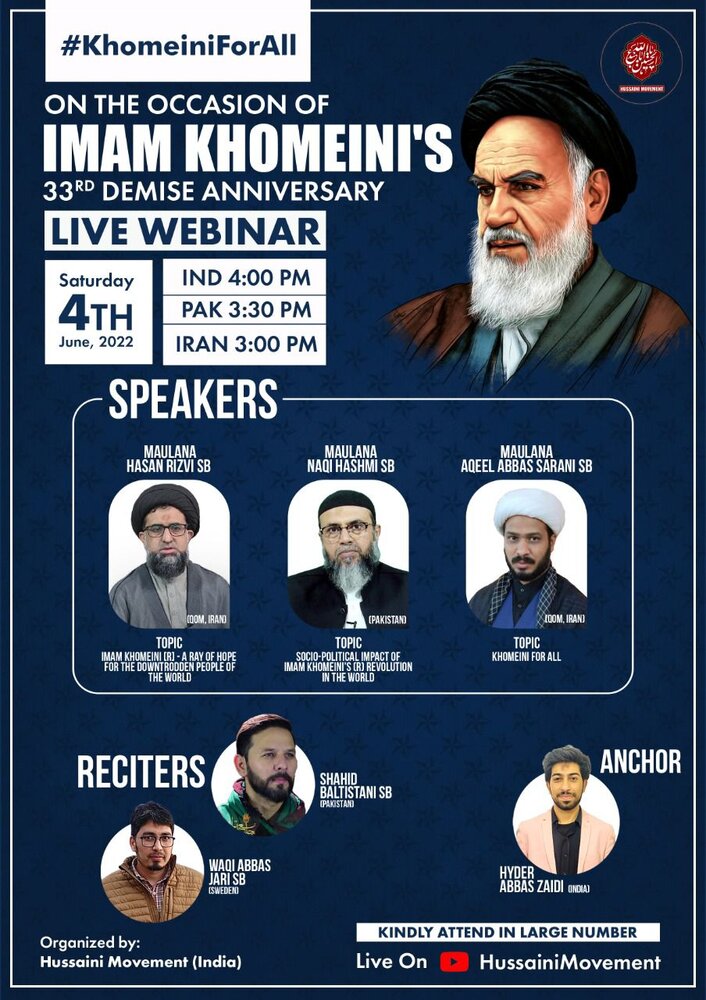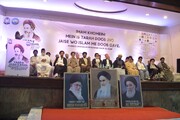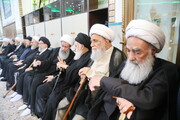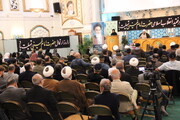Hawzah News Agency – Imam Khomeini was the leader of the Islamic Revolutionary movement which took place at the turn of the decade of 1970s. The revolution was marked by the mobilization of common people against the tyrant puppet regime of the Shah. The revolution sought to reinstall the Islamic values which were being targeted in the reign of the Shah. It was an era of brutal suppression of voices, attacks on religious institutions, the rigorous introduction of obscenity in the discourse, and a frantic rampant rise of Capitalism in the country, which made life for the common man physically, spiritually, and economically painful.
Imam Khomeini rose against this oppression and became the voice of the common man against the Shah. He managed to hold on to his identity as an Imam, an Ayatollah, and a religious leader while leading the charge against the product and system installed in his country through international, especially American conspiracy. He spent a long time in Paris and engaged himself in writing and theorizing about the nature of the state and the rights of the common man in the political system of the country. His writings were circulated with great effort through religious institutions which remained constantly under scrutinizing gaze of the Shah. The ideas caused a tremor and a tumult in the conscience of the masses. As the situation in the country became charged, Imam Khomeini returned to the land with the promise of revolution. On 14th February 1979, through a referendum that got passed with a massive majority of above 90% votes in favor, the spirit of Islam was reinstated in Iran.
This revolution was celebrated by not only the Iranian people but globally by Muslims and other leading intellectuals like Michel Foucault who called the revolution a 'Spiritual Revolution'. The revolution is a landmark in the history of mankind worth celebrating and worthy of consideration as a serious subject from which plans might take birth and insights on ongoing crises might be collected. The model of the Iranian revolution is organic and simple. It is similar to the French and Russian Revolution in the sense that it includes the last man in the crowd but also different as it doesn't lose its cultural identity in the process. It is a double victory; cultural as well as political.
This global nature of the revolution was recalled and remembered by many throughout the world including India. People in India, under the banner head of the Hussaini movement took part in various activities like Nationwide Poster Campaigns, Social Media Trends, Webinar, and Global Twitter trends. The idea of Imam Khomeini as a global leader was forwarded to the general audience. His values as a man of morals, virtue, dignity, and steadfastness of purpose were discussed and popularised. The trends and the Webinar reached a large number of audiences and made many people acknowledge the work of Imam Khomeini in the field of revolutionary politics and ideology of resistance.
— Saim Hussain
(Saim is a literature student in Aligarh Muslim University, India)






 01:41 - 2022/06/03
01:41 - 2022/06/03
Your Comment